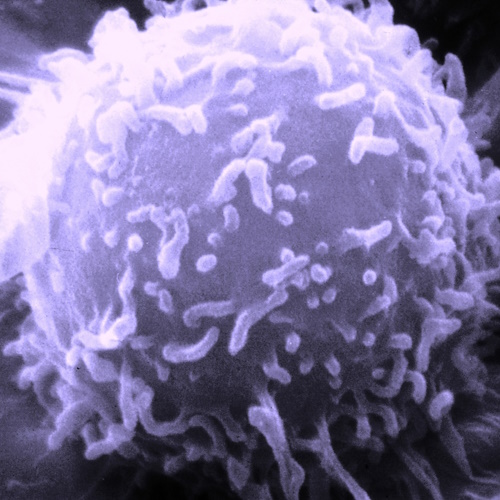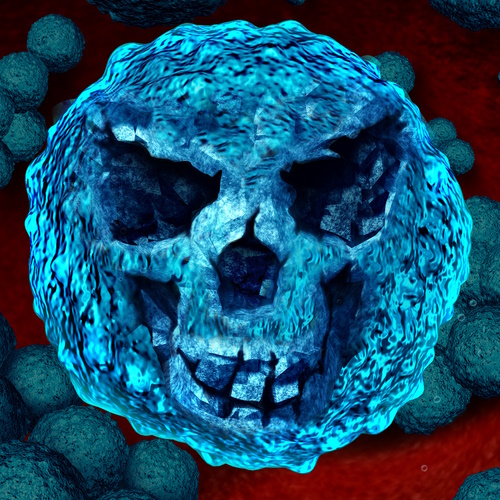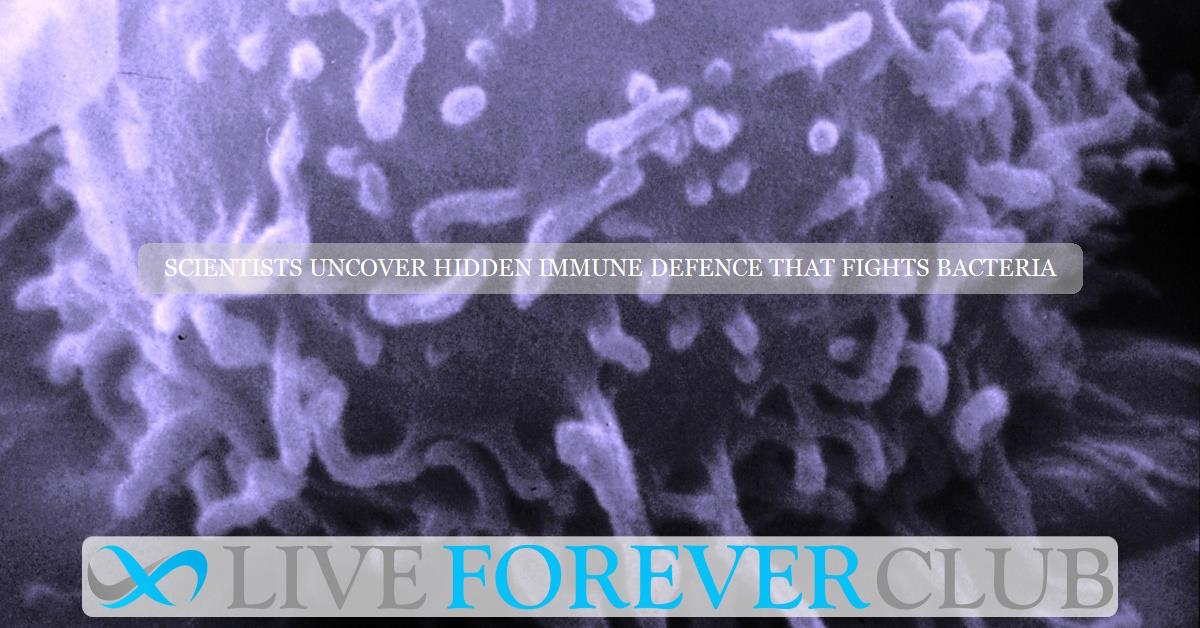Key points from article :
Scientists have uncovered a previously unknown function of the immune system that could be a rich source of new antibiotics. Research published in Nature and led by Professor Yifat Merbl from the Weizmann Institute of Science reveals that the proteasome—an essential structure in all cells—can switch roles to produce bacteria-killing molecules. Previously known for recycling old proteins, the proteasome was found to detect bacterial infections and transform these proteins into antimicrobial weapons.
Experiments demonstrated that these natural antibiotics could effectively kill bacteria in laboratory cultures and treat infections in mice with pneumonia and sepsis. Additionally, disabling the proteasome in lab-grown cells made them far more susceptible to bacterial infections like Salmonella. The findings offer a new perspective on how the body defends against infections and could provide a novel approach to tackling antibiotic-resistant superbugs, which currently claim over a million lives annually.
Experts have welcomed the discovery as groundbreaking, with Professor Daniel Davis of Imperial College London calling it "profoundly important and surprising." Dr. Lindsey Edwards of King’s College London described it as a "goldmine" for new antibiotics, emphasizing that since these molecules originate from the human body, they may have fewer safety concerns in drug development. While more research is needed, this discovery offers hope in the urgent fight against antibiotic resistance.








